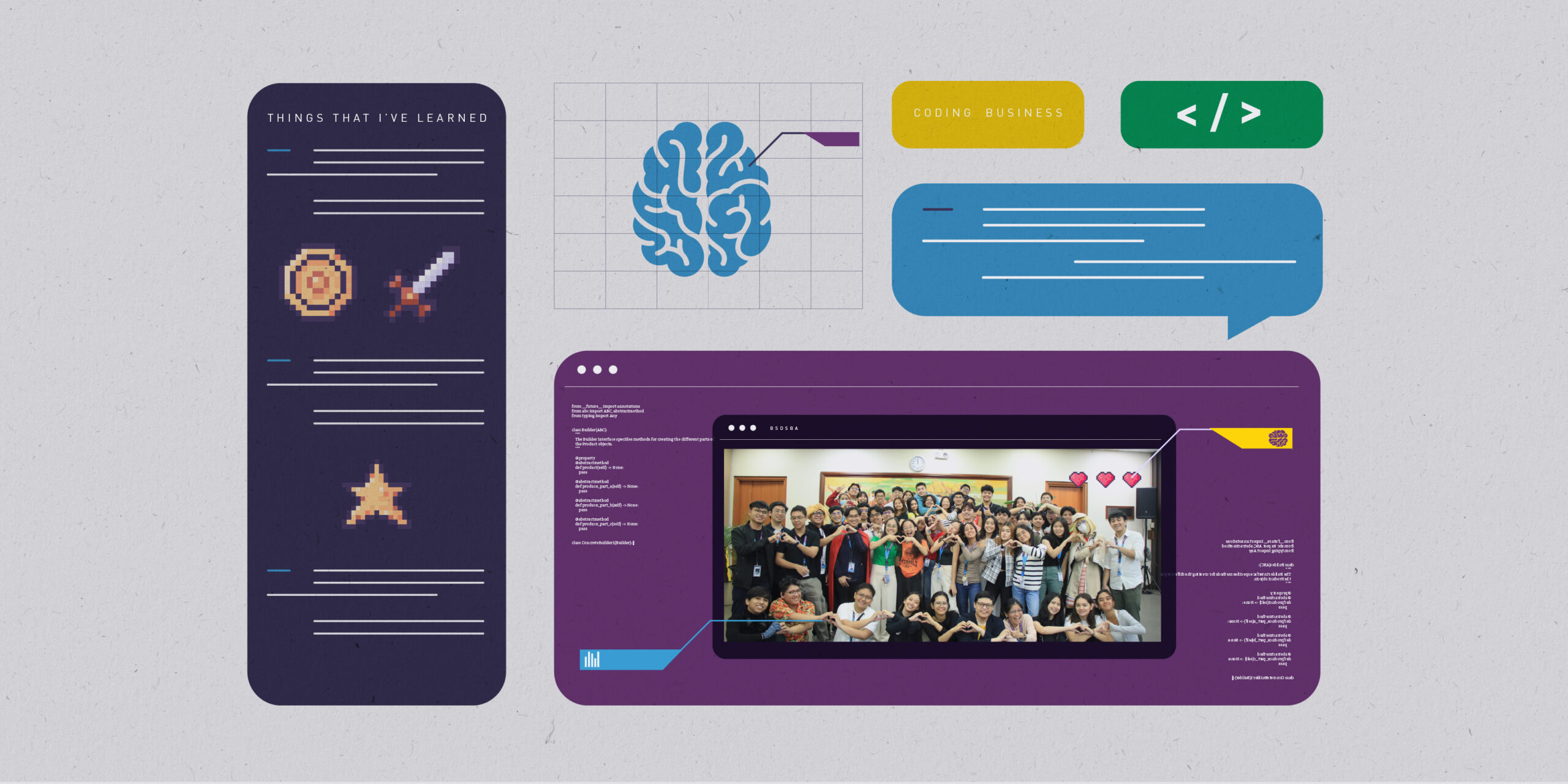An Undergrad in Business and Data Science: 5 Things I’ve Learned
By Mariel Concepcion of the BSDSBA & BBA, MIS Cohort 2027
Fresh out of high school, college often feels like the first actual step you take to adulthood. I admit, the Bachelor of Science in Data Science and Business Administration and Bachelor of Business Administration, Major in Management Information Systems—BSDSBA & BBA, MIS for short (yeah, it’s a mouthful!)—at the Asian Institute of Management (AIM) sounded intimidating at first. Coming from the Accountancy, Business, and Management track in high school, I thought I’d be thrown into complex computer coding meant for math geniuses and tech whizzes. But now that I’ve finished my second year, I’ve learned five key things that completely changed how I see this program—and what it actually takes to thrive in it.
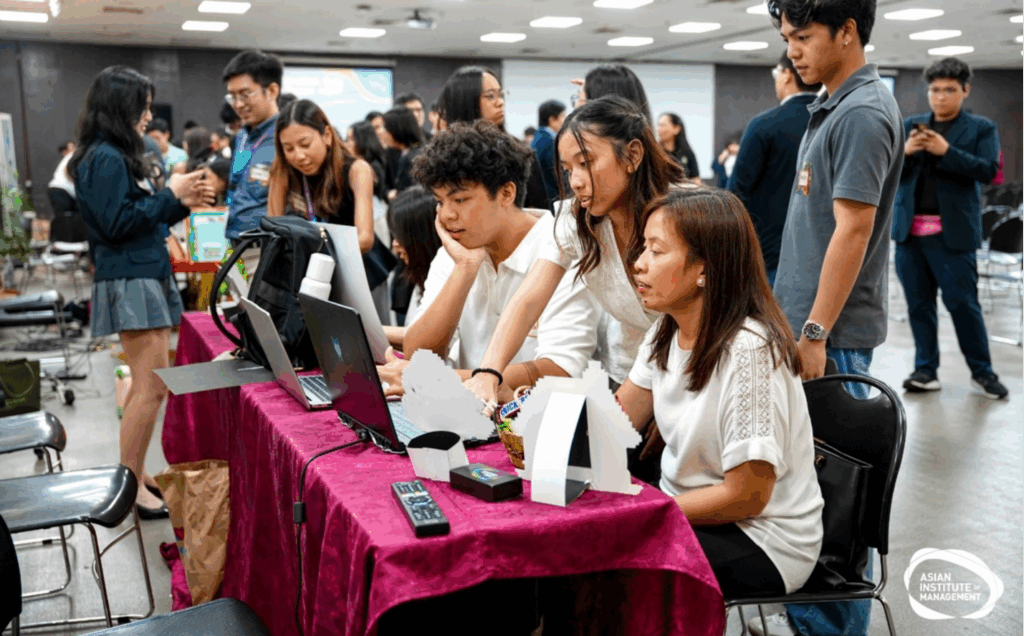
1. You don’t need to be a coding wizard.
I personally had little experience coding in high school. I’ve used C# in the past, but Python was a whole different ball game when I started. During the first semester though, I learned that the program welcomes learners from all skill levels. You’ll get an introductory course tailored to programming beginners like me, and your coding proficiency gradually improves through hands-on practice and support from credible professors. We didn’t just learn the basic theories—we actually got to apply them by developing computer games and completing comprehensive research papers about them.
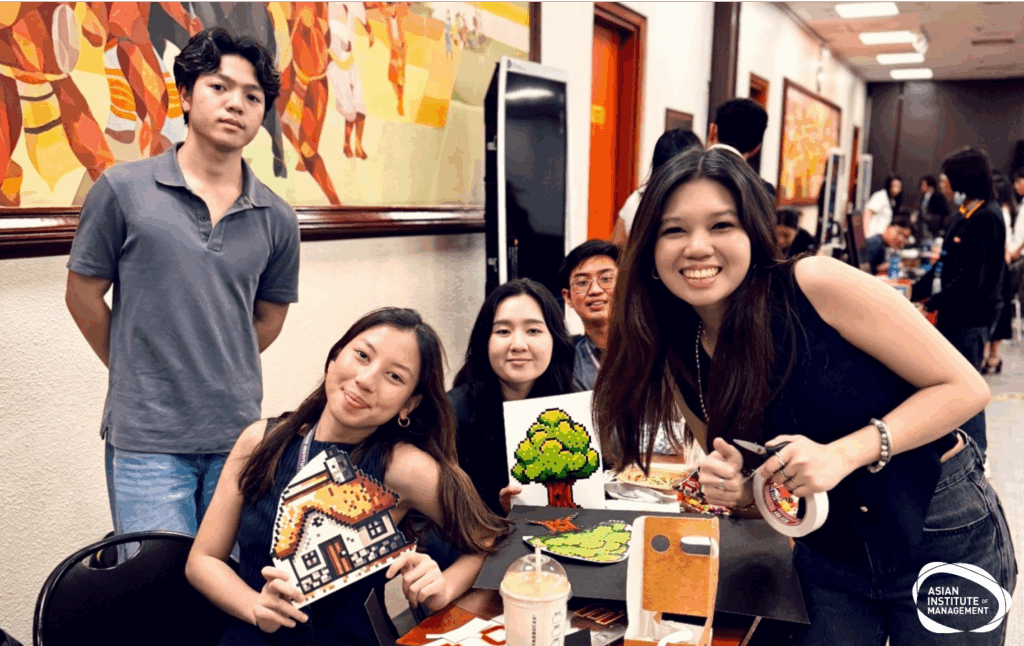
2. It’s not just about coding; it’s about creativity too.
Sure, data is at the core, but what surprised me most is how much the program focuses on storytelling, critical thinking, and making smart decisions. It’s not just about graphs and stats; it’s about turning raw data into something that actually makes sense to people calling the shots. We’re taught to take all that messy information and turn it into clear, compelling stories that help businesses make real moves. It’s kind of like being a translator, but instead of languages, you’re translating data into decisions. Having that kind of power is wild.
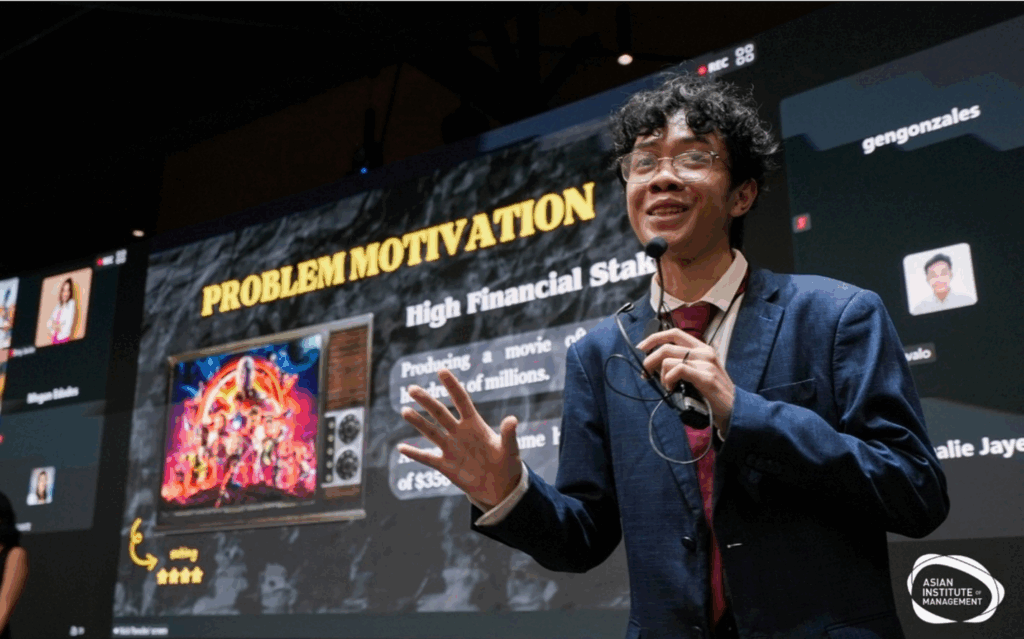
3. Speak your mind.
We’re not expected to be polished speakers from day one. In fact, we’re constantly encouraged to participate and speak during class. Regular presentations are part of our routine, and our professors make it a point to give feedback on how we can improve—whether it’s organizing our thoughts better, delivering with more confidence, or just learning to express ourselves more clearly. The Q&A sessions after our presentations can be terrifying at first, but like they say, growth happens when you’re willing to be uncomfortable. Standing up in front of a crowd definitely pushes us out of our comfort zones, but it also helps us build essential communication skills—skills that matter not just in school, but in the real world, too.
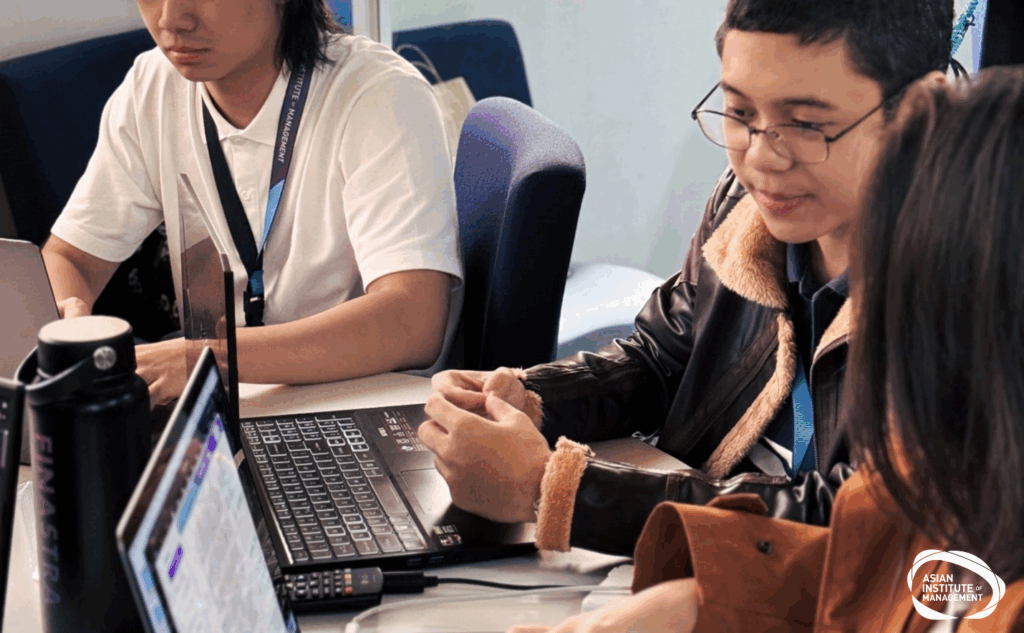
4. Let’s be real — AI is pretty great.
One thing that surprised me was that we are allowed to use Artificial Intelligence (AI) tools for our data science subjects during our hands-on portion of our exam. Using AI to help me understand tricky topics or unfamiliar Python syntax was a game-changer. It made me realize that the goal isn’t to memorize every line of code, but to learn how to solve problems and think critically. This approach shows that AIM is preparing us for the real world—where tools like AI are part of everyday workflows. It’s not about replacing our thinking—it’s about enhancing it.
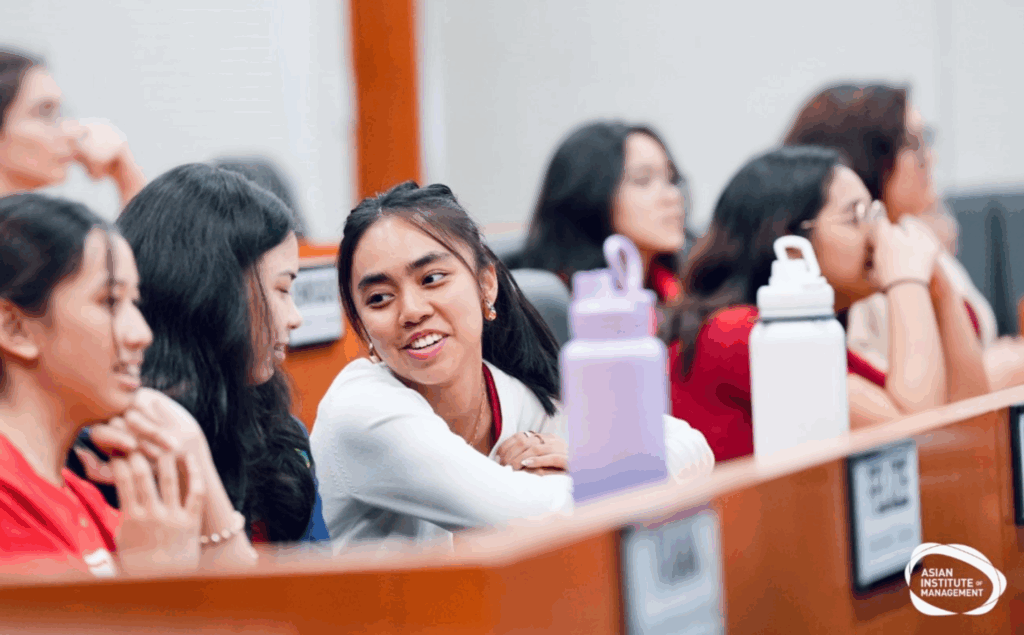
5. You will never work alone.
Collaboration is really at the heart of the program. Every semester, our class groups are reshuffled so we get the chance to work with different kinds of people. Because of this setup, I’ve made more friends and built meaningful connections along the way. It’s also been great working closely with mentors from the Student Experience Office, especially when it comes to club activities and class officer events. They even hold weekly sessions called ‘LIT period,’ where we dive into topics like growth mindset, inclusivity, and setting personal boundaries—things that go beyond academics but matter just as much. On top of that, we have the Career Services Office, which helps us land internships as early as our freshman year.

The BSDSBA & BBA, MIS program turned out to be so much more than I expected. It’s not just for geniuses and it’s definitely not all about coding or crunching numbers. It’s about creativity, communication, collaboration, and solving real-world problems. The supportive environment, hands-on learning, and strong sense of community have helped me grow both academically and personally. Looking back, I realize that enrolling in this program was my first real step into adulthood. And so far, it’s been one exhilarating journey.

